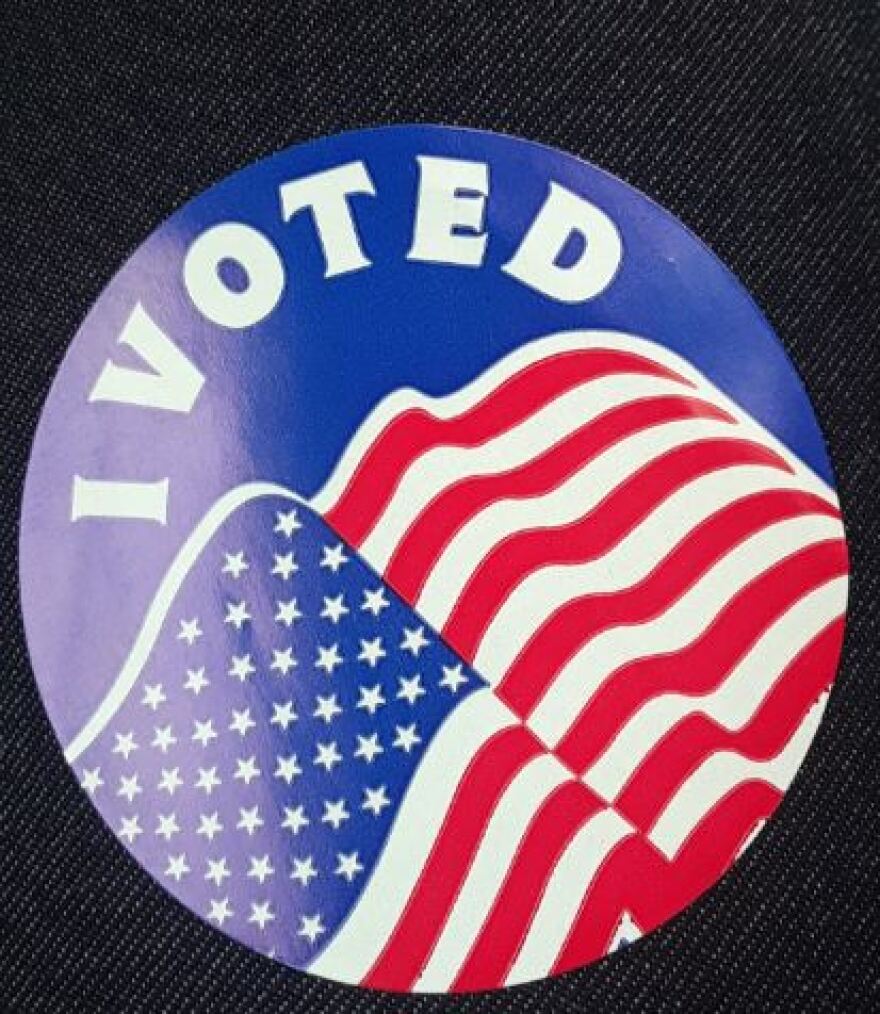Tuesday’s elections have resulted in changes for Missouri. For instance, a majority of the state’s voters decided to replace their Democratic U.S. Senator with a Republican and voted to allow medical marijuana use. Dr. Daniel Ponder, L.E. Meador Professor of Political Science and Director of the Meador Center of Politics and Citizenship, helps us make sense of the results.
Hawley-McCaskill Race
Josh Hawley (R) has won the Missouri U.S. Senate seat, ousting incumbent Claire McCaskill (D). Despite losing the race, however, McCaskill easily won some of the major counties in Missouri.
The results point to “a structural problem” that Democrats have within the state, according to Ponder.
“While Democrats seem to be able to continue to run up the score in most of the larger counties, the rural areas plus if you add in Greene County (which is a mixture but also still pretty large), that it tends to tilt towards Republicans and towards Republicans pretty sharply,” said Ponder.
If anything, this widely contested Senate race, he said, proves that Missouri is still a very red state.
Democrat Control of the House
Even though Missouri is very much a red state, in other parts of the country there were some major upsets.
There is now a Democratic majority in the U.S. House, and while Republicans still hold the Senate, Ponder said, this could mean some tense times for President Donald Trump in the near future.
“If he wants to have anything accomplished, then he will have to work with Democrats,” said Ponder.
The president thinks that there is some common ground and opinions amongst both parties that will tie into his own agenda, including infrastructure and healthcare. But Ponder said most of what Trump wants to accomplish will be checked by the House of Representatives, which may mean that some of the president’s initiatives will fail.
“Trump and his agenda are going to have a little bit more trouble going forward in the next two years. Now having said that, presidents tend to get most of what they want in the first couple of years, and the second part of their terms tends to be less productive anyway,” said Ponder.
Ponder adds that a Democratic House could spell other trouble for the president.
“It also probably means that there will be some investigations of his finances, his taxes, depending on what falls from the Mueller investigation,” said Ponder.
The Democratic base will likely call for some type of investigation, though that remains to be seen, he said.
Amendments in Missouri
Along with national, local and statewide races, there were also a series of amendments on the November 6 ballot.
Ponder pointed to Proposition B, a measure to increase the minimum wage, which passed 62% to 38%.
“It really is interesting that in a state that went so heavily for Trump and fairly comfortably for Hawley, he won by about six percentage points, that something like the minimum wage passed so handily,” said Ponder.
There were also three amendments dealing with medical marijuana. While Proposition C and Amendment 3 were turned down by voters, Amendment 2 passed with a startling majority.
Amendment 2 legalizes the growing, manufacturing, selling and consumption of marijuana and marijuana products for medicinal use at the state level.
Its passage wasn’t as surprising to Ponder as the passage of the minimum wage increase, he said, since it was expected that at least one of the amendments concerning medical marijuana would gain voter approval.
Another amendment voters decided Tuesday was Amendment 1, which makes Missouri lawmakers subject to the state’s Open Records Law and limits gifts to lawmakers. It also changes the process and criteria for redrawing state legislative districts during reapportionment. Ponder points out that, although many Republican candidates were against, Amendment 1 still passed with a sizeable majority.
“It really is kind of a mixed bag. Some of these things that you would expect to be more progressive or liberal leaning passed really easily in a state that went fairly heavily in the last two elections for Republicans,” Ponder said.
Voters also approved Amendment 4, which pertains to the management and advertisement of Bingo games in the state.
Since bingo measures already exist within the Missouri Constitution, this change had to be put on the official ballot as an amendment rather than a proposition, according to Ponder.
What this Means for 2020
With record numbers of voters turning out Tuesday across the country and some big firsts for women in the United States government, many feel that this could make 2020 an interesting election year.
Ponder agrees, but said, “we need to let the dust settle.” He said we need to see if the enthusiasm to go out and vote for this year’s election will continue gaining momentum for the 2020 election. His guess is that it will, though it may be harder in a state like Missouri for Democrat voters.
However, he doesn’t dismiss the overall enthusiasm shown by Democrats all over the country on November 6.
“I think that Democrats can certainly be energized by the fact they took the House and provided a check on the president, regardless of what that means.”
Some of these Democratic holdings in typically red states, including Missouri’s neighboring state, Kansas, Ponder said, could predict big changes for the coming presidential election.
“I don’t think there’s any hyperbole in saying that pretty much the presidential election starts today, and then I think a lot of it will depend on the unknown.”
He adds that many of these unknown issues, including whether Trump can negotiate bipartisan deals on infrastructure and Medicare, will become clear once the new Congress meets.



